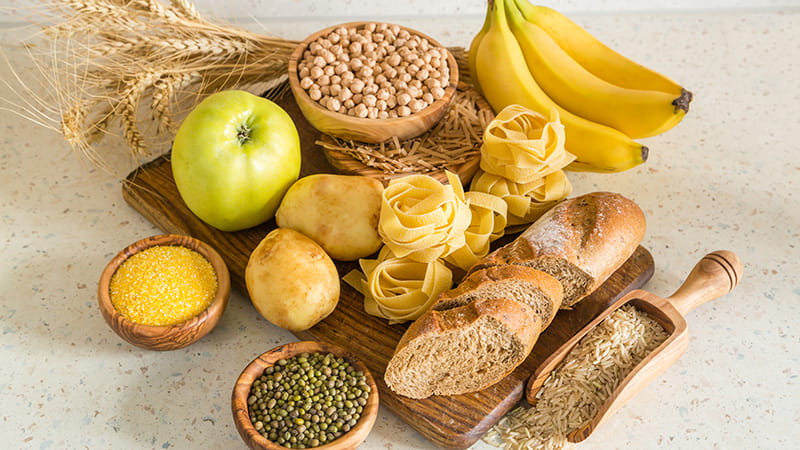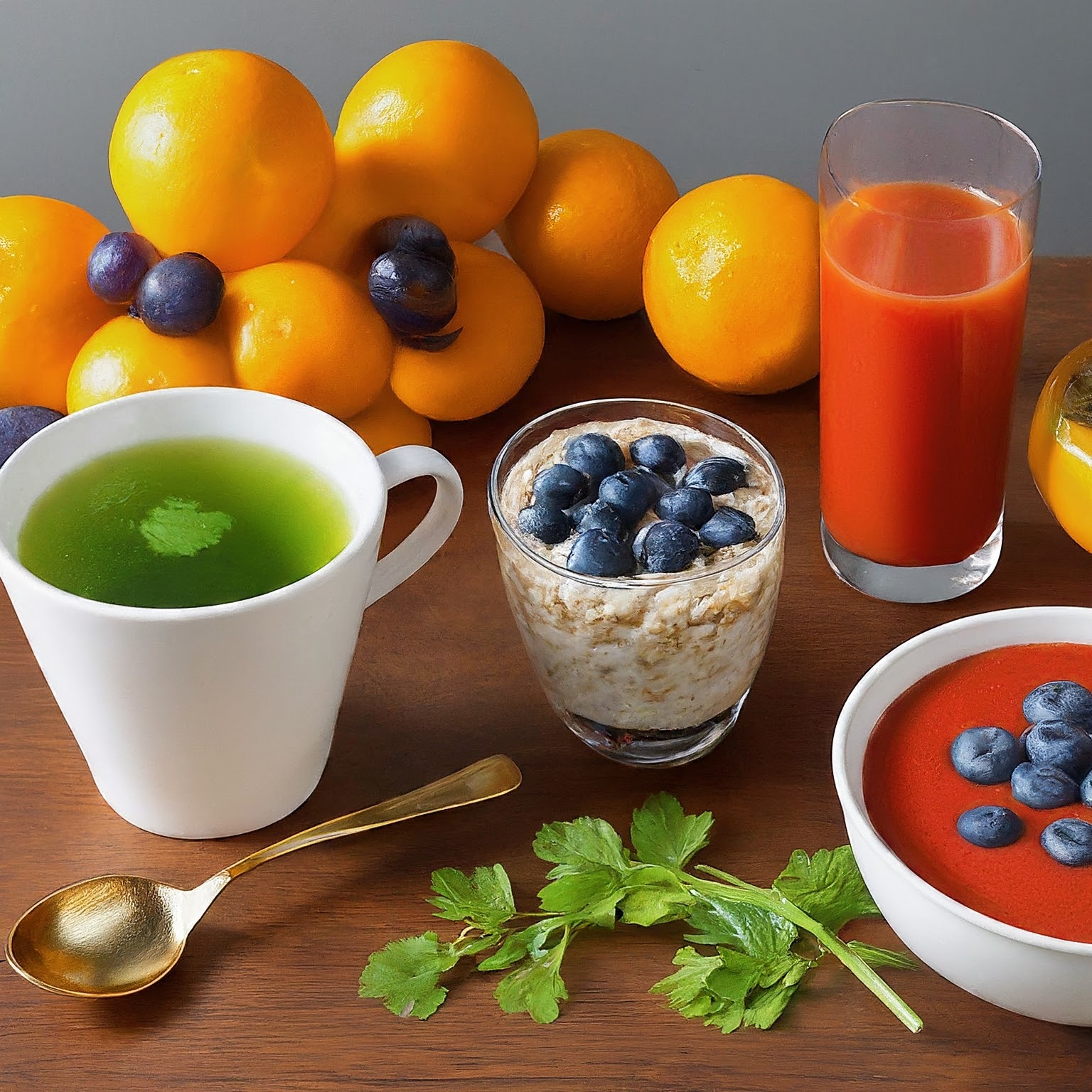Hormones play a vital role in regulating various processes within our bodies, including metabolism, growth, reproduction, and mood. When our hormones are in balance, we experience optimal health and well-being. However, factors like stress, poor diet, and environmental toxins can disrupt hormone levels, leading to a range of health issues. The good news is that we can support our hormone health through proper nutrition. In this article, we will explore how to eat for better hormone health and make simple dietary changes that can have a significant impact.
How to Eat for Better Hormone Health
Prioritize Whole Foods:
The foundation of a hormone-balancing diet is whole, unprocessed foods. Incorporate plenty of fruits, vegetables, whole grains, lean proteins, and healthy fats into your meals. These foods are rich in essential nutrients, antioxidants, and fiber that support overall hormonal balance.
Include Healthy Fats:
Healthy fats are crucial for hormone production and balance. Incorporate sources like avocados, nuts, seeds, olive oil, and fatty fish (such as salmon) into your diet. These fats provide omega-3 fatty acids, which are important for hormone synthesis and reducing inflammation.
Moderate Carbohydrate Intake:

While carbohydrates are an essential energy source, it’s important to choose them wisely. Opt for complex carbohydrates like whole grains, legumes, and vegetables, which release energy slowly and prevent blood sugar spikes. Avoid refined carbohydrates, sugary foods, and drinks, as they can disrupt insulin levels and lead to hormonal imbalances.
Read also : Fuel Your Workout with These Pre-Workout Tips
Prioritize Protein:

High-quality protein is essential for hormone production and repair. Include sources like lean meats, poultry, fish, eggs, dairy, legumes, and plant-based options such as tofu and tempeh. Aim to include protein with every meal to help stabilize blood sugar levels and support satiety.
Balance Blood Sugar Levels:
Consistently high blood sugar levels can disrupt hormonal balance. To stabilize blood sugar, choose low-glycemic foods that release energy slowly, such as whole grains, vegetables, and healthy fats. Avoid excessive consumption of refined sugars, processed foods, and sweetened beverages.
Read also : Sugar Substitutes: WHO’s Perspective for a Healthier Diet
Support Gut Health:
A healthy gut is vital for optimal hormone health. Include probiotic-rich foods like yogurt, kefir, sauerkraut, and kimchi to support a diverse and balanced gut microbiome. Fiber-rich foods like fruits, vegetables, and whole grains also promote healthy digestion and nutrient absorption.
Limit Caffeine and Alcohol:
While a cup of coffee or a glass of wine in moderation is generally fine, excessive caffeine and alcohol intake can disrupt hormone levels. Aim to limit caffeine consumption and be mindful of the effects of alcohol on your overall well-being.
Manage Stress:
Chronic stress can significantly impact hormone balance. Incorporate stress-management techniques such as regular exercise, meditation, deep breathing, and adequate sleep into your routine. These practices help reduce cortisol levels and promote hormonal harmony.
Avoid Endocrine Disruptors:
Endocrine disruptors are chemicals found in various household products and food containers that can interfere with hormone function. Minimize exposure to plastics, pesticides, synthetic fragrances, and chemicals in personal care products. Opt for natural and organic alternatives whenever possible.
Listen to Your Body:
Each person is unique, and what works for one may not work for another. Pay attention to how different foods and lifestyle factors affect your body and hormone balance. If you suspect a specific food or habit is causing issues, consider consulting with a healthcare professional or a registered dietitian for personalized guidance.
Must read: Discovering New Horizons: The Infinite Possibilities of Beyond Yoga
Daily Habits That Boost Your Positive Mental Health
6 Major Health Benefits of Consuming Honey-Coated Dried Fruits
Healthy vegatables for health: 5 surprising benefits of Kale










Leave a Reply